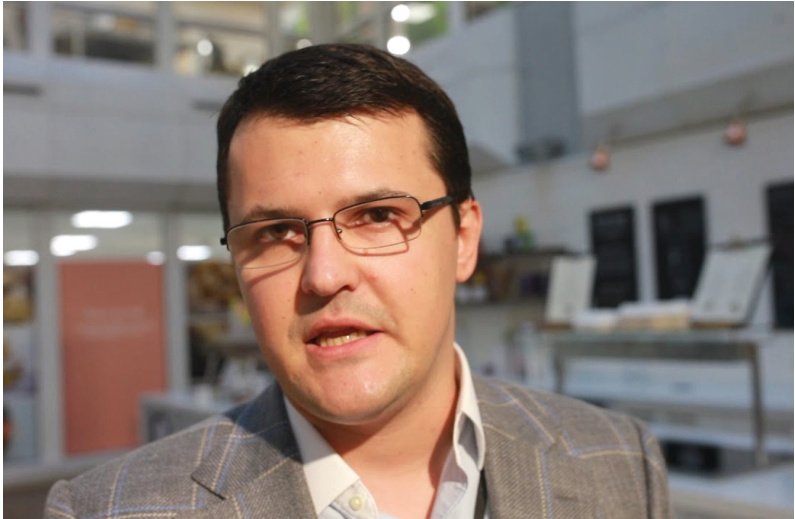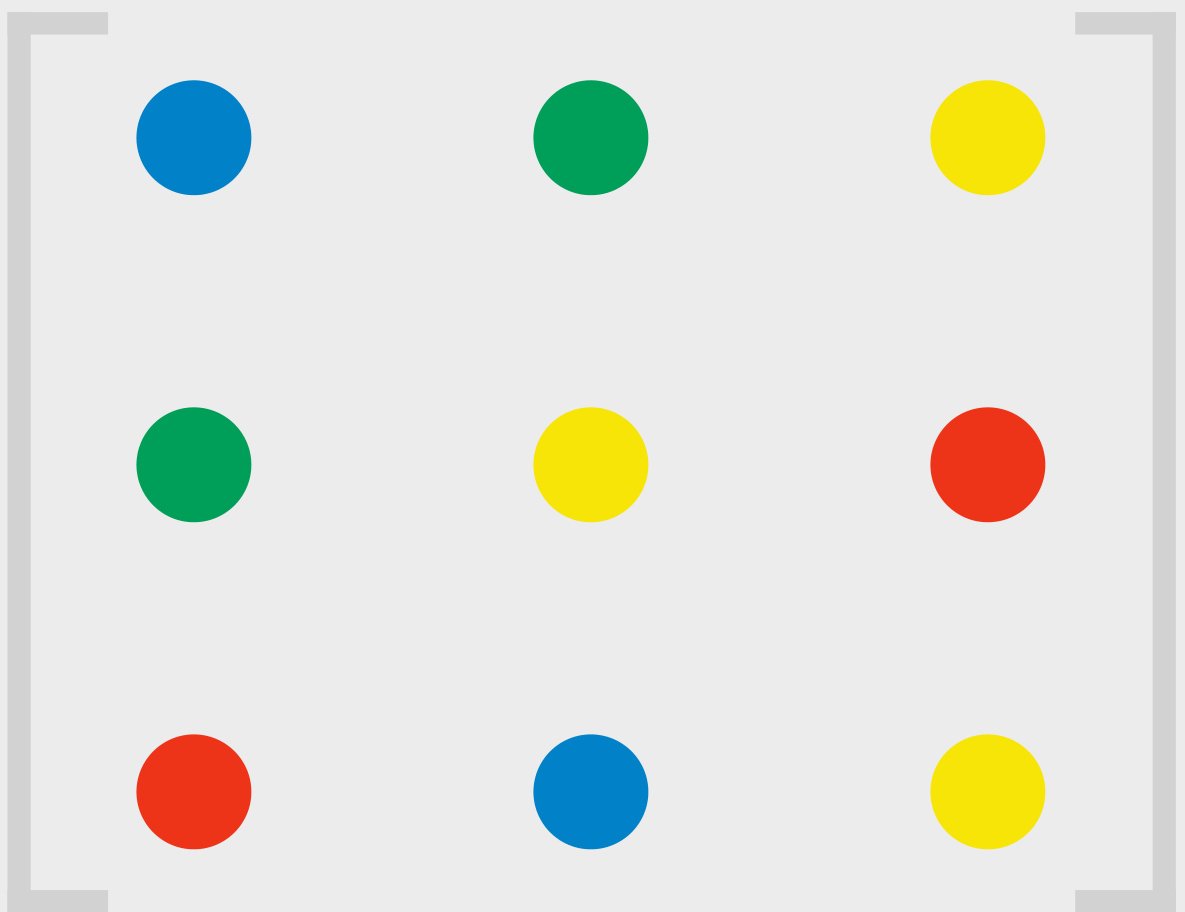Do and make are two of the most 1._ verbs in English and also often commonly confused by non-native speakers. Firstly, it is because they both have the same meaning in Croatian: činiti or raditi. Secondly, there are numerous fixed expressions with make or do. Some of them are easily translated into Croatian and don’t present problems to non-native speakers, for example 2._ plans (praviti planove) or 3._ a favour (učiniti uslugu). Others are less obvious, for instance 4._ homework (napisati domaću zadaću) or 5.__ money (zaraditi novac) and these are best learnt by heart. Here are some useful tips for correctly using do and make in various situations.
Do We use do when we talk about doing things in general. So, we say: “Let’s do something tonight” or “There is nothing to do around here”. We also use it to talk about our daily tasks or chores, for example: “I have to do some housework” or “I need to do my English homework”. It is also typically used with housework activities such as 6. do the ironing (izglačati rublje) and do the dishes (oprati sudje). Finally, we use do for activities that end in –ing: “I need to do some reading before the exam”, “I’m going to do some gardening this afternoon.” Or “The fridge is empty. We need to do some shopping”.
Make Make is slightly less general, and is normally used for an activity that results in something tangible. So, you make food/ breakfast/ a cup of coffee/ a mess/ the bed/ a dress. But you can also use it if you want to write or create something. In this case you will say: “My lawyer told me to make a will” or “I made a list of all the things we may need”. But most often make means to perform: make a phone call/ a decision/ a mistake/ a speech/ progress/ a suggestion. Our lives would be easier if we could just learn these rules and apply them in every situation, but English offers us a 6.__ of fixed expressions and collocations made up of words which go together for no apparent reason. Here are some of the more common ones:




